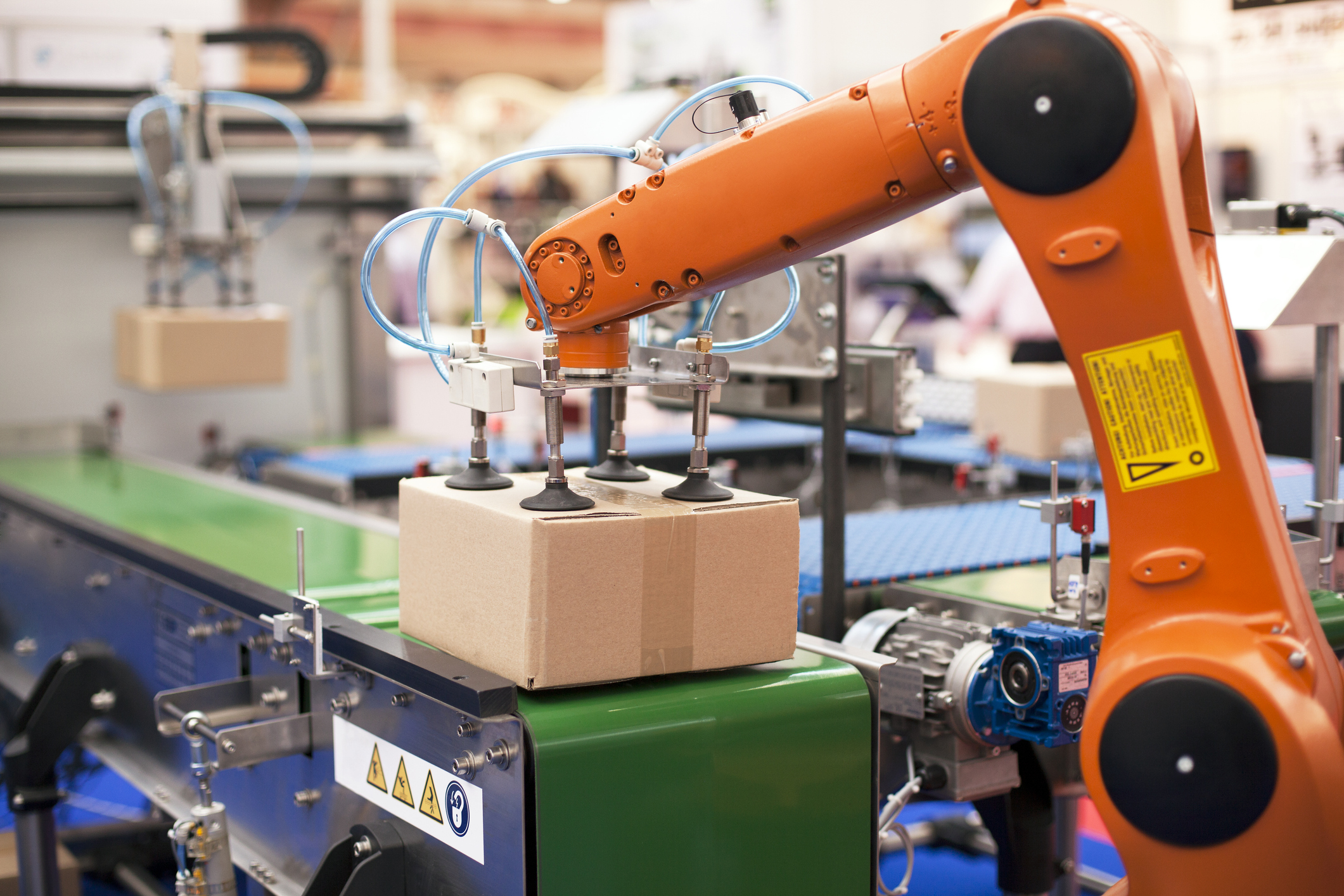CNBC reports that more companies are moving toward automating reparative jobs and Black and Brown people are the groups that will most likely be replaced with machines.
As millions became out of a job following the global spread of the Coronavirus, companies have been trying to find ways to work with small numbers of employees. While automated machines have been in the works for years, the Rona has sped up the process.
Coronavirus “has caused an acceleration of some labor trends like automation,” says Karen Fichuk, CEO of Randstad North America. She added that unemployed Americans might have to develop new skills to find new jobs, CNBC’s Abigail Johnson Hess reports. “What we’re seeing is this significant need for massive up-skilling and retraining, especially for workers who have been laid off.”
A new report from The Brookings Institution shows that Black and Latinx workers will likely be the first to be replaced.
“Both advances in automation and the economic impact of the COVID-19 pandemic disproportionately affect Black and Latino workers. These workers are more likely to be employed in jobs that are at high risk of being automated in the next two decades, and that cannot be done remotely,” reads the report. “Of the five occupations that employ the highest number of Black and Latino workers, four have experienced the highest losses during the pandemic: retail salespersons, cashiers, cooks, and waiters and waitresses.”
“The impact is likely to be greater for Black and Latino workers and communities because Black and Latino workers are overrepresented in 11 and 13 respectively of the 30 jobs that employ the most workers in the U.S. that are at high risk of being significantly changed or eliminated due to automation,” said Kristen Broady, lead author of the report and policy director of The Hamilton Project at Brookings, CNBC reports.
The Black and Brown workers who are employed to do repetitive tasks will suffer the most. “People who are employed in jobs that entail a single, repetitive task like toll booth operators who collect money and provide change are already being replaced by automated vehicle identification electronic toll collection systems,” explains Broady. “People who are employed in production jobs like order fillers, packers, sorters, and stockers are being replaced by various types of robots that can pick specific products, stack items including pallets, sort packages, and organize warehouse inventory. Workers employed in repetitive data entry positions are being replaced by automated software programs that can process orders and run payroll functions among other tasks.”



